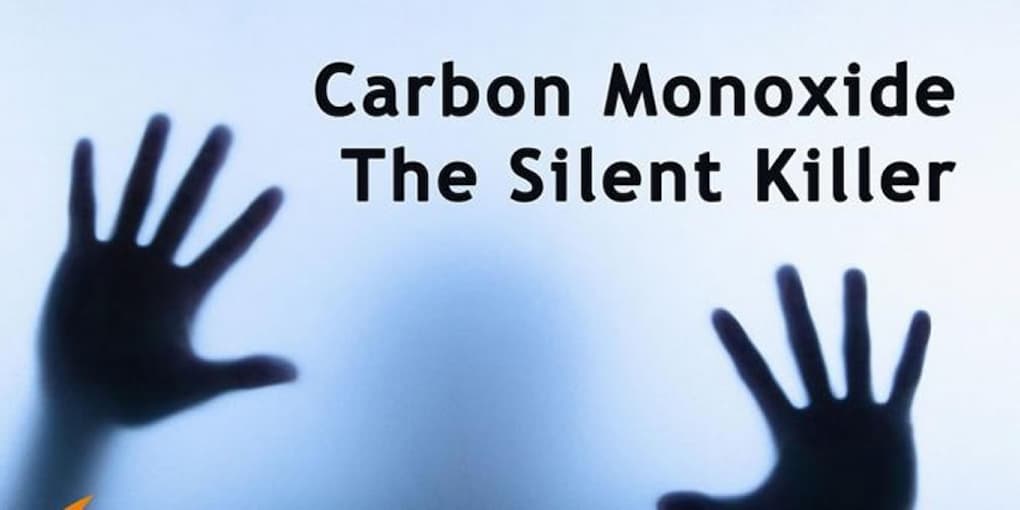Introduction
Fires can spread quickly and cause a lot of damage. It’s important to have a fire alarm in your home, even if you live in an apartment building. In fact, most people would agree that the best way to prevent fires is to always have an escape plan ready in case one breaks out.
That includes having a fire alarm on every level of your house so that all members of your family know when it’s time to get out as soon as possible. Fire alarm installation Manchester is the best place to get the service of such type alarm and CCTV Installation.
Fires Can Spread Quickly
Fires are capable of spreading quickly and easily, but it all depends on the type of fuel available. There are two factors that determine how fast a fire spreads:
- The amount of fuel available (the amount of material being burned)
- The availability of oxygen (how close you are to a source that provides combustion)
The temperature at which the object is burning also plays an important role in determining how much time you have before it catches fire. If something is very hot, then it will burn very quickly and cause damage before you have time to react.
Smoke Inhalation: The Most Typical Cause of Death From Fires
In the event of a fire, smoke inhalation can be one of the most serious risks. In fact, according to the Centers for Disease Control and Prevention (CDC), it is responsible for more than half of all fire-related deaths in the United States.
The smoke itself is composed of tiny particles that are too small to be seen by your eyes and can get deep into your lungs when you breathe them in. These particles are filled with toxic chemicals such as carbon monoxide and sulfur dioxide—chemicals that cause harm when they enter your body. With prolonged exposure, these chemicals can cause permanent damage to your lungs and even lead to death!
You May Have Less Time to Escape Than You Think
You may have less time to escape than you think. The National Fire Protection Association (NFPA) reports that in 2012, 33% of residential fire deaths were caused by smoke inhalation, and another 22% were caused by carbon monoxide poisoning.
In addition to the dangers of smoke and CO poisoning, having a fire alarm can also help save your life because it may wake you up if there is an emergency situation in your home. If you don’t have a functioning alarm system installed, you might not hear any warning sounds from the fire department or police officers out on patrol—and even if those warnings are loud enough to hear during an emergency, they could still come too late for everyone inside the house.
Carbon Monoxide Poisoning Danger From Fires

Carbon monoxide poisoning is another common danger from fires. This gas is colorless and odorless and can be produced when any fuel burns. Symptoms of carbon monoxide poisoning include headaches, dizziness, nausea, vomiting, and fainting. If the victim is exposed to high levels of the gas for a long time, it can be fatal.
If you have a controlled fire alarm system installed in your home or business. It will detect a fire that produces carbon monoxide early on so that you can get out safely before your symptoms become severe enough for medical attention to be necessary.
You Might Not Be Fully Awake When a Fire Starts
Fire alarms can also be used to detect smoke and/or heat, but they do not always detect both. For example, a smoke detector will sound an alarm when there is any trace of smoke in the air. A heat detector, on the other hand, only sounds an alarm when the temperature reaches a specific threshold (usually set at around 140 degrees Fahrenheit). If you are primarily concerned with detecting fires that involve smoke or heat detection only (and not both). Then you may want to consider installing separate detectors for each function.
However, if your concern is mainly about detecting all three (smoke, heat, and CO2). Then, it might make more sense for you just to install one single device. Which has all three functions integrated into its design instead of having multiple devices installed separately in different areas of your home or office space. An example would be an interconnected system where individual detectors send signals back. And forth between each other until all have been activated simultaneously by some sort of hazard such as fire. So that everyone knows something serious has happened regardless of where they happen to be located within their respective buildings.
Fire Alarms Can Save Your Life, Home, and Property
Fire alarms are important because they can alert you to a fire before it gets out of control. They can also alert your neighbors, who can then alert the fire department and get help for you. This can save lives, property, and money!
Fires Can Spread Quickly: Be Prepared With Alarms
Fires can spread quickly, so it’s important to prepare with alarms. An alarm sounds when there is smoke or heat in a room or building. The sound alerts you that there may be a fire and allows you time to evacuate the area safely. Alarms are designed with different types of sensors that are activated by varying levels of heat and smoke. For example, photoelectric smoke detectors use a beam of light to detect particles in the air produced by combustion fires.
Ionization smoke detectors use small amounts of radioactive material (usually americium 241) as the detection method. Heated wire carbon monoxide alarms have a heated filament like an incandescent light bulb. Which emits electrons when heated by an external source, such as carbon monoxide gas leaking from appliances that run on fossil fuels such as gas stoves or furnaces).
Conclusion
Since fires can spread quickly and cause serious injuries, it’s important to prepare with an alarm that will alert you to danger. Carbon monoxide poisoning is another common danger from fires. It’s also important to have a fire extinguisher on hand in case something goes wrong. While cooking or heating your home with space heaters or candles. Our objective is to assist you in avoiding the dangers of fires by providing information. So you can make informed decisions about protecting yourself and your loved ones.
